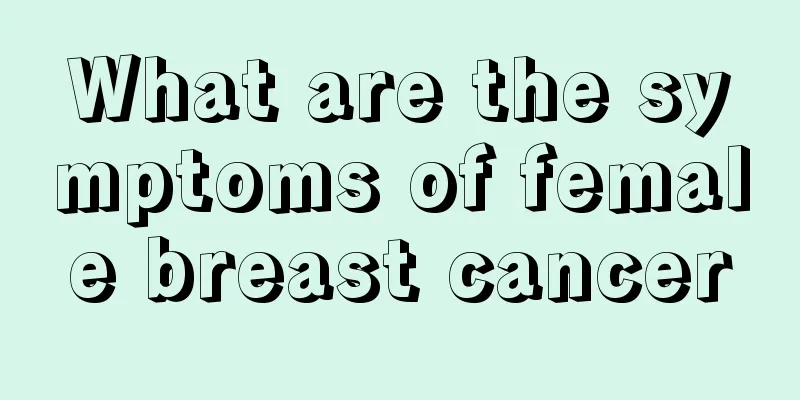How to treat pituitary tumor attacks

|
How to treat pituitary tumor attacks? Pituitary tumors are tumors that occur on the pituitary gland, usually called pituitary adenomas. They are one of the common neuroendocrine tumors, accounting for about 10% to 15% of central nervous system tumors. The vast majority of pituitary adenomas are benign tumors. So, how to treat pituitary tumor attacks? Regarding the treatment of pituitary tumors, the treatment plan is mainly determined by the size of the tumor, whether it secretes hormones, and the patient's complications. The treatment of pituitary tumors is a comprehensive treatment process involving the collaboration of multiple departments. The departments involved in the treatment of pituitary tumors mainly include endocrinology, neurosurgery, radiotherapy, ophthalmology, and imaging diagnosis. From the retrospective clinical data at home and abroad, it can be seen that the treatment effect of pituitary tumor patients in multi-disciplinary pituitary tumor treatment centers is much different from that in simple specialized treatment centers. Therefore, it is recommended that patients with pituitary tumors should go to a medical center with comprehensive pituitary tumor treatment for diagnosis and treatment. The treatment of pituitary tumors mainly includes three treatment methods: surgery, drugs and radiotherapy. Because there is no method that can completely cure every pituitary tumor, each treatment method has its own advantages and disadvantages. An individualized treatment plan should be formulated based on the size of the patient's pituitary tumor, hormone secretion, complications and comorbidities, the patient's age, whether there is a desire to have children, and the patient's financial situation. Regarding radiotherapy, since pituitary tumors are adenomas, they have poor sensitivity to radiotherapy. Nearly 70-80% of patients experience hypopituitarism after radiotherapy, which reduces their quality of life. Therefore, radiotherapy is only suitable for patients with surgical remnants, cannot tolerate surgery, are insensitive to drugs, or have comorbidities that prevent them from undergoing surgery or drug treatment. After the application of drugs to treat GH-secreting pituitary tumors, it is now recognized that the goal of biochemical cure is to reduce the GH level of patients with GH-secreting tumors to less than 1ng/dl (GH value after taking sugar) and reduce insulin-like growth factor (IGF-1) to the level of age-matched normal people. Regardless of the treatment, patients with growth hormone-secreting tumors should achieve the following treatment goals: eliminate the tumor, reduce the recurrence of the tumor, achieve GH standards, relieve clinical symptoms, preserve pituitary function as much as possible, improve the patient's quality of life, and prolong the patient's life span. |
<<: How to treat colon cancer quickly
>>: What are the ways to prevent bile duct cancer?
Recommend
Removing Coca Cola Stains
Coke is a common carbonated beverage in our daily...
What to do if a fish bites you and it bleeds
Many people will encounter situations where they ...
What to eat to prevent liver cancer? These foods can reduce the risk of liver cancer
Fish with blue backs, such as mackerel, are colle...
How to treat psoriatic arthritis
Psoriatic arthritis is also known as psoriatic ar...
Is esophageal cancer inherited by males or females?
Is esophageal cancer a family disease? Is esophag...
Which part should be moxibustioned for hyperthyroidism
In today's society, many women suffer from hy...
Auxiliary examination methods for bile duct cancer
At present, the medical community has not yet cle...
What causes myocarditis and what should you pay attention to
Myocarditis is an inflammatory disease of the myo...
Can nasopharyngeal carcinoma turning into lymphoma be treated? Can it be cured?
Nasopharyngeal carcinoma metastases to lymphoma c...
What is a calorie
There are many common measurement units in life, ...
How to cure fibroids quickly and effectively
Many patients with fibroids are very distressed. ...
Can you wear underwear with a swimsuit?
Nowadays, there are various styles of swimsuits w...
How do patients with gastric cancer determine their treatment options?
Gastric cancer patients have the following treatm...
Why is my face always oily
The weather is quite hot now and it is easy to sw...
How to treat mild vertebral bone hyperplasia
Many patients with bone hyperplasia should pay at...









